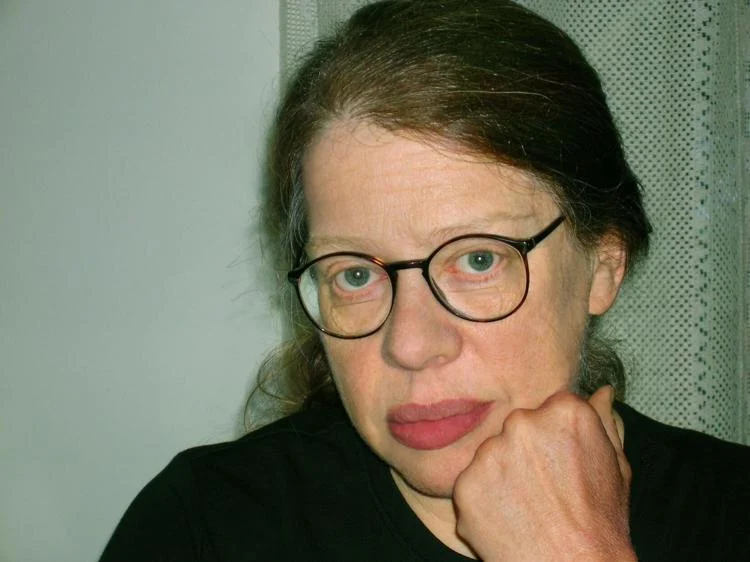
Marianne Boruch is a professor emerita of English and the founding director of the MFA in creative writing program.
The following is a letter to the editor responding to recent events surrounding the English department. It references a previous letter to the editor, which can be read here, and reporting can be found here.
Dear Everyone at Purdue,
Be warned: This is a very dark time for literature on this campus, particularly those who passionately read and write poetry and fiction, both students and faculty, an act that takes us back to the beginning of culture and way into the future—if we continue to have a culture.
The Exponent has addressed, through its brave coverage, the terrible assault on the Department of English that would halt graduate student admission for this coming fall and shrink it down to only two admits per program in the future. This guarantees the destruction of our MFA in Creative Writing, which depends on the workshop method.
But however appalling this current situation, I still have hope in spite of the fact that the so-called "upper" administration in the College of Liberal Arts and beyond couldn't care less and have brought this tragic no-win situation upon English—and the entire university, really—though consistent ill will and mismanagement and untruths spoken publicly. I have hope because the true nature of the university is to allow young people to grow into full human beings. And surely Purdue will come awake to that grave responsibility.
Although I went rogue and emeritus in 2018, I can speak to this sad dilemma as the ultimate insider, the poet who was hired as an associate professor of English in 1987 to make sense of the undergraduate offerings and establish and develop the graduate program in Creative Writing (first the MA, then the MFA). Directing it for 20-some years, all the while teaching at both levels which was a privilege, pure and not so simple.
We are vastly lucky to have a tough and brilliant mind as departmental head right now—Professor Dorsey Armstrong—but every past head of English and dean of liberal arts has also supported our efforts to create what has turned out to be one of the most rigorous, welcoming, good-hearted, sought-after and successful MFA programs in the country where serious and important writing and thinking go on.
The fact is that our grad students also teach the first undergrad level of creative writing, courses that emphasize writing and careful revising, empathy and global awareness, critical thinking and appreciation, and for which there are always wait-lists. That is a crucial part of what we offer students from across the university, and they continue to flock to our classes.
Against any worldly measure, our MFA graduates have done spectacularly. Our former students continue to publish well; they go on to land good jobs in teaching, journalism, all manners of—yes—business because they are well-spoken, smart, resourceful, know how to write and why, and carry a rich interior life within them. To use the word "soul" is old-fashioned now, but the still-beloved 19th-century British poet John Keats believed that "soul-making" is the whole point of being on this planet and, I would argue, he'd see that as the reason for literature as well, the writing and reading it, taking its deep thoughtfulness to heart as we go forward, trying to stay sane and of use in a more and more shattered world.
In his letter to The Exponent on Dec. 9, engineering professor Avi Kak lamented what is happening to our creative writing program, and the Department of English in general. He wrote, “I came to Purdue to work in a university, and not in a trade school," and pointed out the necessity of addressing the larger needs of his engineering undergraduates, giving them ways to grow into full human beings.
I am grateful for Professor Kak's letter, which gives me hope, and having taught many of those engineers-to-be in my undergraduate workshops over the years, I can say what a pleasure it was to have had their energy and ingenuity in the mix.
The English department has a long and distinguished history, not only of "service," but innovation, creativity, discipline, important research and, for the last 30-some years, an array of wonderful poems and fiction that have gone out to the world from both students and faculty. Creative writing has always strived to be a small, intensive and close-knit program. And it has worked miracles for those touched by it.
- Marianne Boruch, English professor emerita
